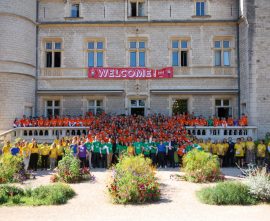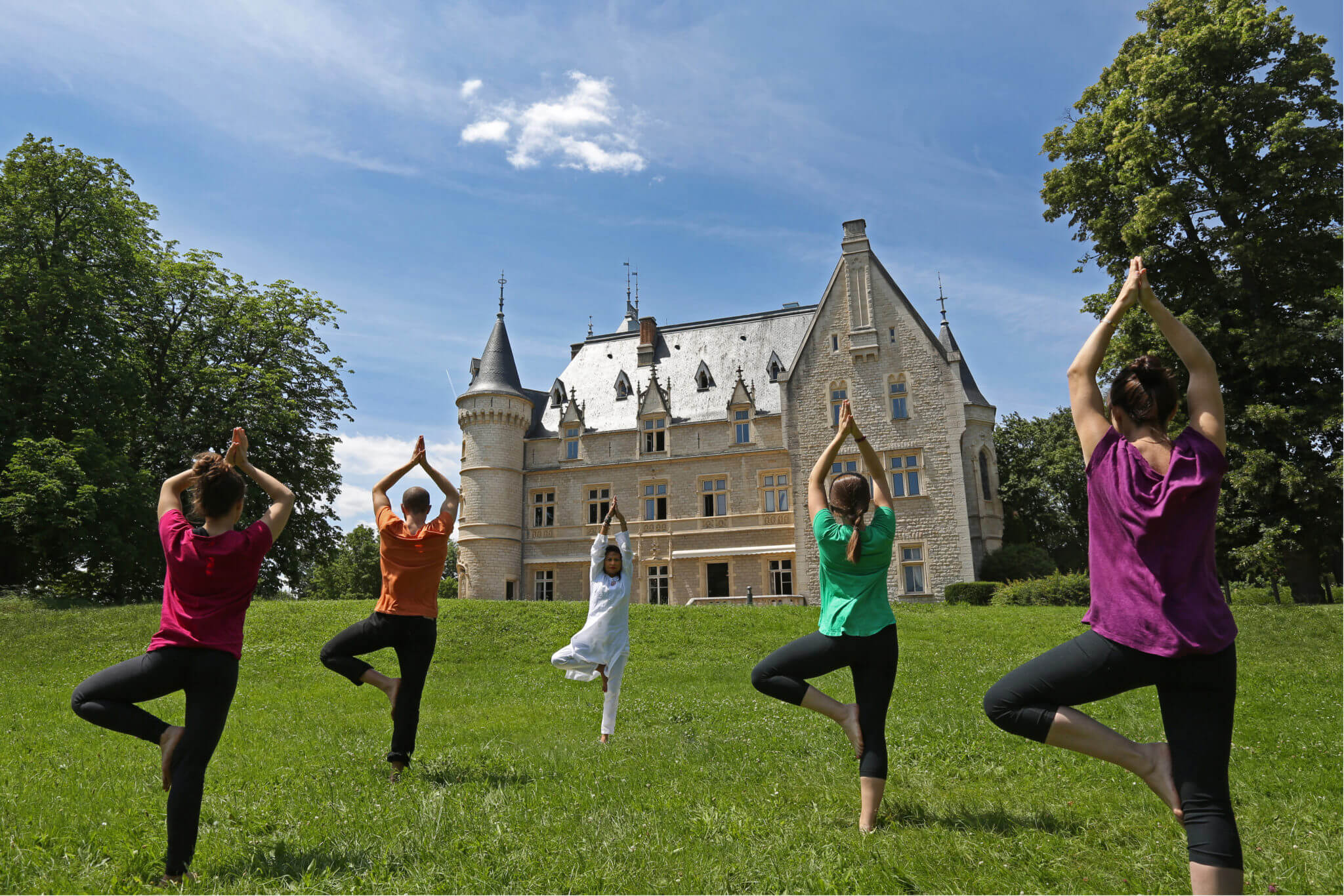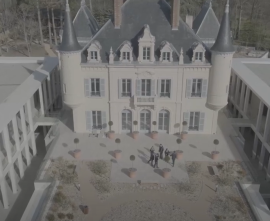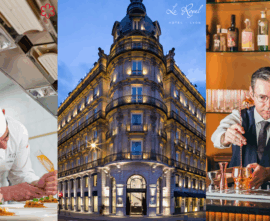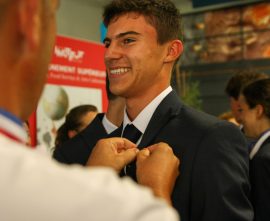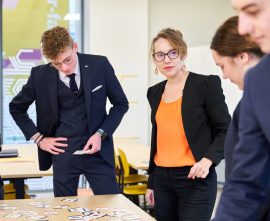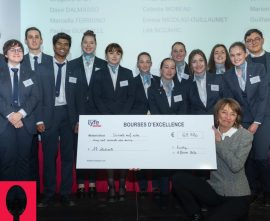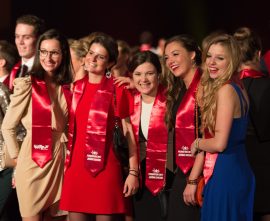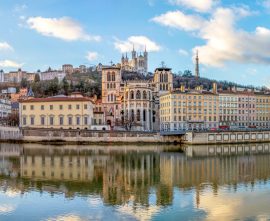Sustainable gastronomy: dialogue between chefs and producers for a responsible future
Published on 9 December 2024
Faire défiler la pageFaced with today’s environmental and societal challenges, gastronomy has a key role to play in the transition to more sustainable practices. This was the central theme at an exceptional round table, organised by two Institut Lyfe students, which brought together Michelin-starred chefs, producers and industry experts to discuss the issue: “How can chefs and producers work together for sustainable gastronomy?”
A student initiative to promote change
Tim Jacquemoud and Ella Moy, students on the Bachelor’s in International Culinary Arts Management, devised and orchestrated the event. Their commitment to sustainable practices exemplifies a new generation of chefs dedicated to combining creativity, responsibility and financial realities. Their initiative reflects the authentic environmental awareness of an entire generation, and highlights young people’s determination to drive impactful change in sustainability.
“The choices we make today will shape the gastronomy of tomorrow, and this responsibility means we have to think differently,” explained Tim, who is passionate about short supply chains and zero waste.
A panel of experts dedicated to sustainability
The strength of this round table lay in the diversity of its speakers, prominent figures from the worlds of cuisine and sustainable production:
- Armand Arnal, chef at La Chassagnette restaurant in Arles, holder of a Michelin star and a Michelin green star, recognising sustainable gastronomy, shared his experience of cuisine working in harmony with local biodiversity.
- Cyril Attrazic, chef at Attrazic restaurant in Aumont-Aubrac, highlighted the importance of promoting short supply chains and the Aubrac terroir.
- Loïc Mounier, co-founder of Agriz, presented his innovative project aimed at connecting restaurateurs and small local producers – an initiative that is reinventing distribution channels to make them more accessible and sustainable.
- Lucas Prost, a representative of the DRAAF (Regional directorate for food, agriculture and forestry), brought another dimension to the discussions, spotlighting labels, regulations, and the importance of organic certifications.
- Jean-Luc Vianey, Meilleur Ouvrier de France Fishmonger-Fish Scaler, highlighted the challenges relating to the sustainable management of marine resources, alongside efforts to educate consumers and restaurateurs to enable them to make responsible choices.

Each participant contributed based on their unique experience, and shared concrete strategies to rethink the collaboration between chefs and producers to “make restaurants places that respond to what nature gives us, and not the other way around” while bearing in mind the difficult equation of profitability.
Sustainable gastronomy: a collective challenge
Addressing the collective challenges, the conference underlined the importance of training future generations to adopt a holistic approach, integrating financial, environmental and social dimensions. The students who took part were invited to envision the sustainable gastronomy of tomorrow, drawing inspiration from the discussions and committing to implementing their own practices starting from today.
During the round table, Armand Arnal stressed the importance of interpersonal relations: “We must reach out to each other, create a dialogue and explain our approaches.” Transparency is essential to raising awareness and engaging all stakeholders.

The round table reaffirmed that the transition to sustainable cuisine requires close collaboration between all actors along the entire food supply chain. Chefs, producers, institutions and consumers must move forward together to revise our habits, focus on local produce, and reduce our impact on the planet.
A call to action
By bringing together renowned experts and passionate students, these exchanges inspire future generations to rethink their role within the rapidly evolving culinary arts sector. The transition to sustainable gastronomy will not happen overnight, nor will it be without obstacles, but it is based on a powerful belief in people’s capacity to collaborate, innovate and transmit sustainable values.

Through concrete initiatives such as this one, Institut Lyfe reaffirms its mission of training professionals capable of bringing together innovation, tradition and sustainability. Our future talents in the gastronomy sector will be responsible for building an industry where culinary excellence can coexist in harmony with sustainability. Like many of their peers at our school, Tim and Ella are part of a new generation that represents the professionals of tomorrow, and are catalysts for change today.
Ready to shape the gastronomy of tomorrow?
Find out more about our Bachelor’s degree in International Culinary Arts Management

